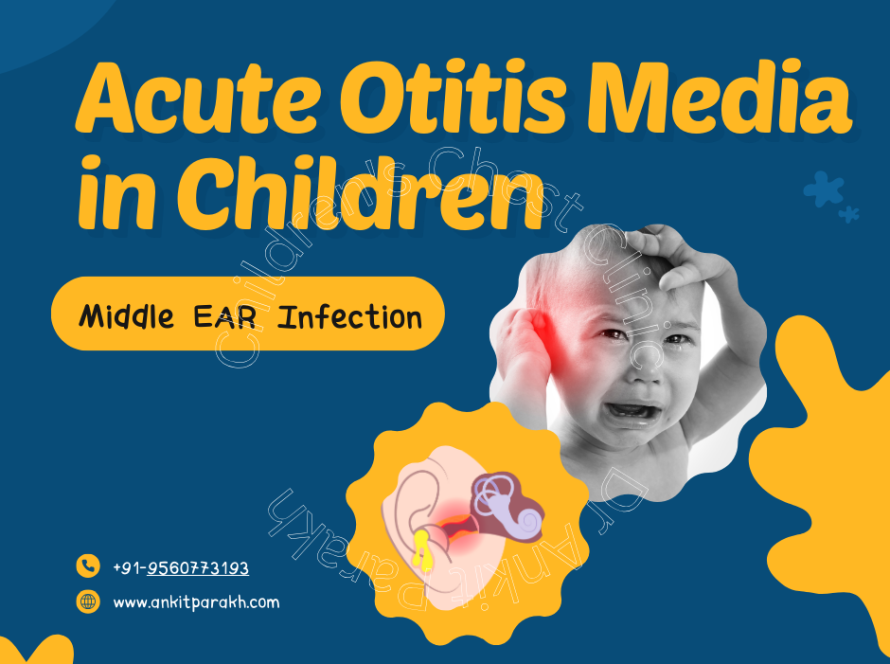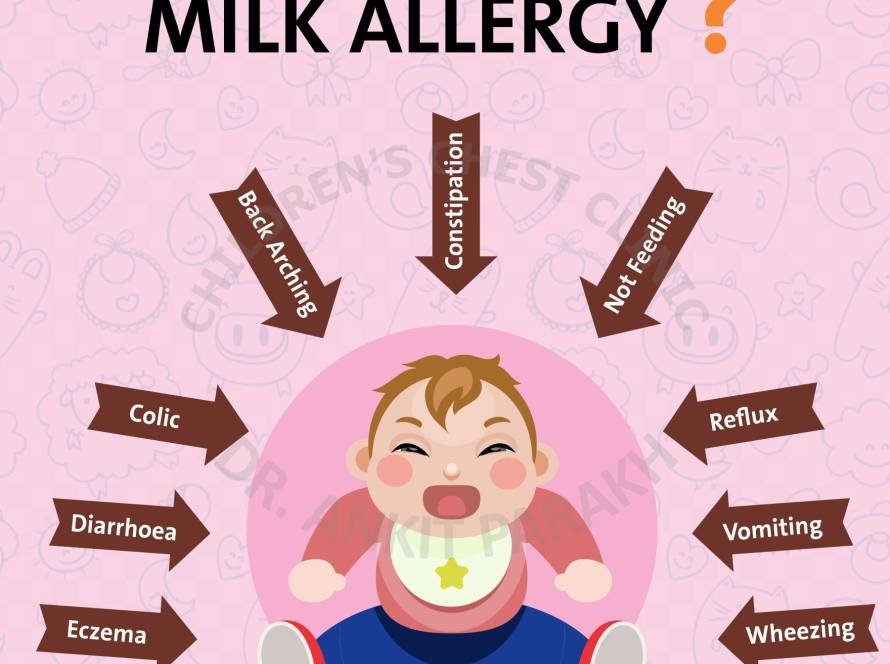Cough is a very common cause of doctor visits for children. It can be very distressing for the child and family.
What are the usual causes of cough in children?
Cough in children is seen usually with upper respiratory infections, majority of which are viral. This presents with a cold, runny nose and some fever along with cough. This lasts for a short period of 5-7 days but can last for upto 2-3 weeks. No specific treatment is usually required as these infections are self limiting. Cough syrups, antibiotics and nebulization are often prescribed but unnecessary. Sometimes, other upper airway infections can lead to cough like tonsillitis, sinusitis or otitis media. These infections are mostly bacterial and require antibiotics.
What is persistent or chronic cough?
Sometimes cough in children can last for more than 4 weeks and is called as a chronic cough.
What are the causes of persistent or chronic cough in children?
The causes of chronic cough in children are different from adults. The more common causes are recurrent viral infections, asthma, allergic nose leading to mucus dripping in throat (called post nasal drip), sinusitis, whooping cough or pertusis, pneumonia and tuberculosis. Less common causes include foreign body in the airways, cystic fibrosis, suppurative lung disease or bronchiectasis, congenital lung diseases, habit cough, gastro-esophageal reflux disease etc. Additional features which help to reach to a proper diagnosis are : age of child, presence of fever, loss of weight, loss of appetite, blood in sputum, chest pain, contact with any patient with tuberculosis, family history of allergy or asthma, difficulty in breathing, etc.
How do we evaluate a child with persistent or chronic cough?
Children with chronic cough needs proper evaluation by a pediatric respiratory specialist or pediatric pulmonologist. It is important to make a proper diagnosis and not continue unnecessary cough syrups and antibiotics. Whenever evaluating a child with chronic cough we would initially take a detailed history and examine the child. This would be followed by review of all old records and chest x-rays if any. Initial investigations would include a chest x-ray, x-ray of sinuses and a lung function test or breathing test [spirometry or impulse oscillometry]. Some children might need further investigations like a CT scan of chest and/or sinuses, investigations for Gastro-esophageal reflux, sweat choride testing, flexible bronchoscopy, etc.






